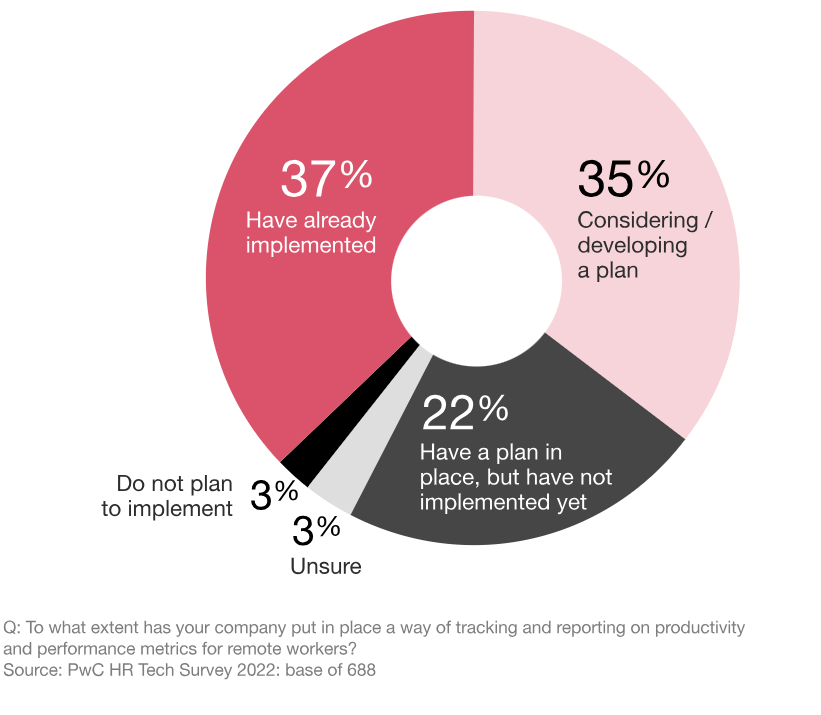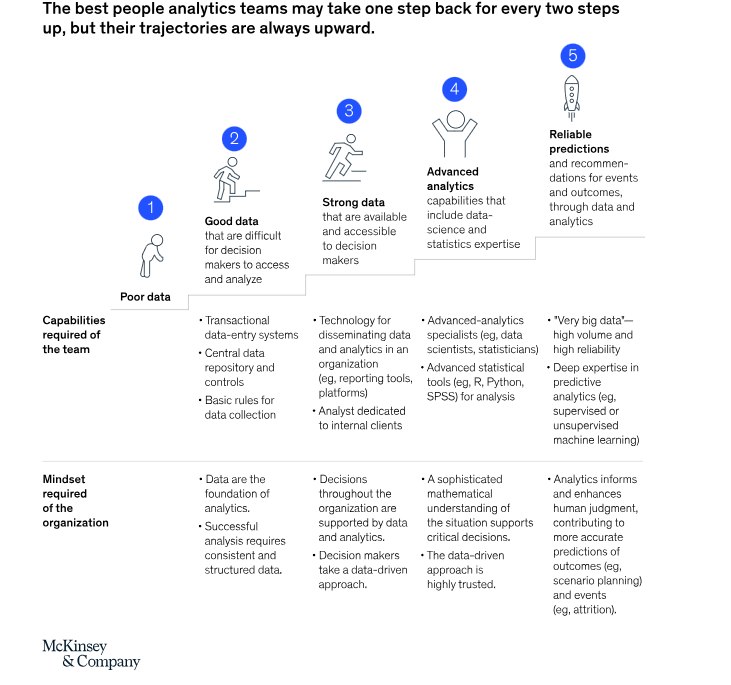HR management is a crucial role in an organization. It helps in the development of the organization as well as the employee and encompasses the operational and strategic facets of optimizing an organization’s workforce. It involves training recruitment, onboarding, performance evaluation, and fostering a healthy workplace culture to enhance employee satisfaction, productivity, and eventually leading to the organization’s success. The advent of technology has revolutionized human resource management, offering innovative solutions to traditional challenges. However, the global nature of today’s businesses has introduced a new set of complexities.
Navigating the complexities of local labor laws in different countries can be time-consuming and costly. Technology can help automate compliance processes, but it requires continuous updates to reflect changes in regulations. Attracting and retaining top talent in a global market is competitive. Technology can streamline recruitment processes, but it’s essential to tailor strategies to meet the specific needs of different regions and cultures.
Read HR Tech Blog: 7 Best AI-powered Employee Listening Features for HR Teams
10 Challenges in Managing HR Globally with Technology
#1 Data Security and Privacy
Data privacy and security is a major concern with sensitive employee data stored in cloud-based systems. Complying with varying regulations across different countries can be a daunting task. Cultural differences and language barriers can also pose challenges for effective communication and understanding. Time zone and scheduling difficulties can arise when coordinating HR activities across multiple regions.
#2 Integration of HR Systems
Most organizations have huge HR teams to perform multiple functions such as recruitment, interview, onboarding, performance management, and others. Integrating all these systems to streamline processes and manage data may turn out to be a major challenge in the growth of the HR industry.
#3 Legal Compliance With International Labor Law
Companies that hire employees from other countries need to comply with the respective employment laws and regulations of that country. These laws cover various facets of employment, such as notice periods, employee rights, leave policies, termination, and taxation. Maintaining global HR policies along with ensuring legal compliance poses a crucial challenge for the HR teams owing to varied subject to changes every year. Global HR managers need to stay updated with the evolving changes as it may lead to heavy penalties, legal disputes, and reputational damage.
#4 Adjusting Compensations As Per Varied Standards
Establishing fair and competitive salary packages is a global HR challenge with the evolution of technology. Compensation adjustment depends on factors such as cost of living, currency rate, and cultural expectations that may affect the salary structure and benefit packages.
Benefits programs such as retirement plans, health insurance, and leave policies vary across multiple jurisdictions and may need coordination to meet employee needs and legal requirements.
#5 Remote Work Management Tool
The rising trend of remote work may pose a challenge for HR to adopt tools for remote collaboration, performance tracking, and communication.
Selecting tools that offer diverse work arrangements for balancing productivity and engagement could be a challenge in the foreseeable future.

#6 Build Strong Strategic Partnerships
Complying with local labor laws and regulations stands on the utmost priority of an HR and is a non-compromising aspect of global HR management. Collaborating with legal advisors and experts in international labor laws, HR departments can efficiently mitigate legal risks and ensure compliance. Moreover, building relationships with employer of record (EOR) providers may offer an appropriate solution to manage compliance, payroll, and administrative tasks in unfamiliar jurisdictions.
#7 AI and Automation In Recruitment
While AI and automation can help smoothen the recruitment process, they also pose certain challenges related to transparency, bias, and maintaining a human touch in employee interaction. Resolving these issues can be a task for HR and pose a crucial challenge in managing HR with technological advancements.
Read HR Tech Blog: 10 AI-powered Recruitment Software Platforms for SMBs
#8 HR Analytics and Insights
Leveraging data analytics to make decisions requires not only the set of right tools but also the skills to interpret data efficiently. All HR professionals need to bridge the gap between data analytics and HR to bring actionable insights. With the integration of technology in HR, it will pose a crucial challenge in managing HR technology globally.

#9 Communication
A major quality of HR is communication, a huge investment is made in training and developing people as per the organization’s requirement to make them work appropriately and efficiently. Most companies find it a struggle to communicate with their senior leaders and not be able to explain their needs. The communication gap is predicted to be a major challenge in the HR world with integrated technology.
#10 Employee Performance Evaluation
Evaluating employee performance across diverse teams and cultures requires consistent metrics and tools. Technology can help automate performance reviews and provide insights into employee development, but it’s crucial to align these systems with managerial expectations.
Promoting employee engagement and well-being in a global workforce is essential for productivity and retention. Technology can facilitate virtual team-building activities and provide resources for mental health support, but it’s important to consider cultural differences and regional preferences.
Conclusion
By staying cautious of the above issues and having a pre-planned solution to minimize these issues, companies can ensure that their HR policies are not only centralized but also consistently understood. Attempting to help an organization work on these issues, the HR leaderboard can create an entire program focused completely on HR technology and data. With a clear understanding of tax regulations, labor laws, and employment practices, an organization can ensure strict compliance with relevant laws, reducing the legal issues risk. To know more about how technology will impact HR
Read HR Tech Blog: Top 10 Tools To Be Used By HR To Upskill Their Work
Delivering effective training and development programs to employees located in different parts of the world can be challenging.
Technology can enable online learning and personalized development plans, but ensuring quality and accessibility requires careful consideration. Many organizations have legacy HR systems that may not be compatible with newer technologies. Integrating these systems can be a complex and time-consuming process, but it’s essential for optimizing HR operations. Overcoming resistance to technology adoption within the HR department and among employees can be a significant hurdle. Effective change management strategies and training programs are crucial for successful implementation.
To share your HR technology insights and announcements, please write to us at news@intentamplify.com



